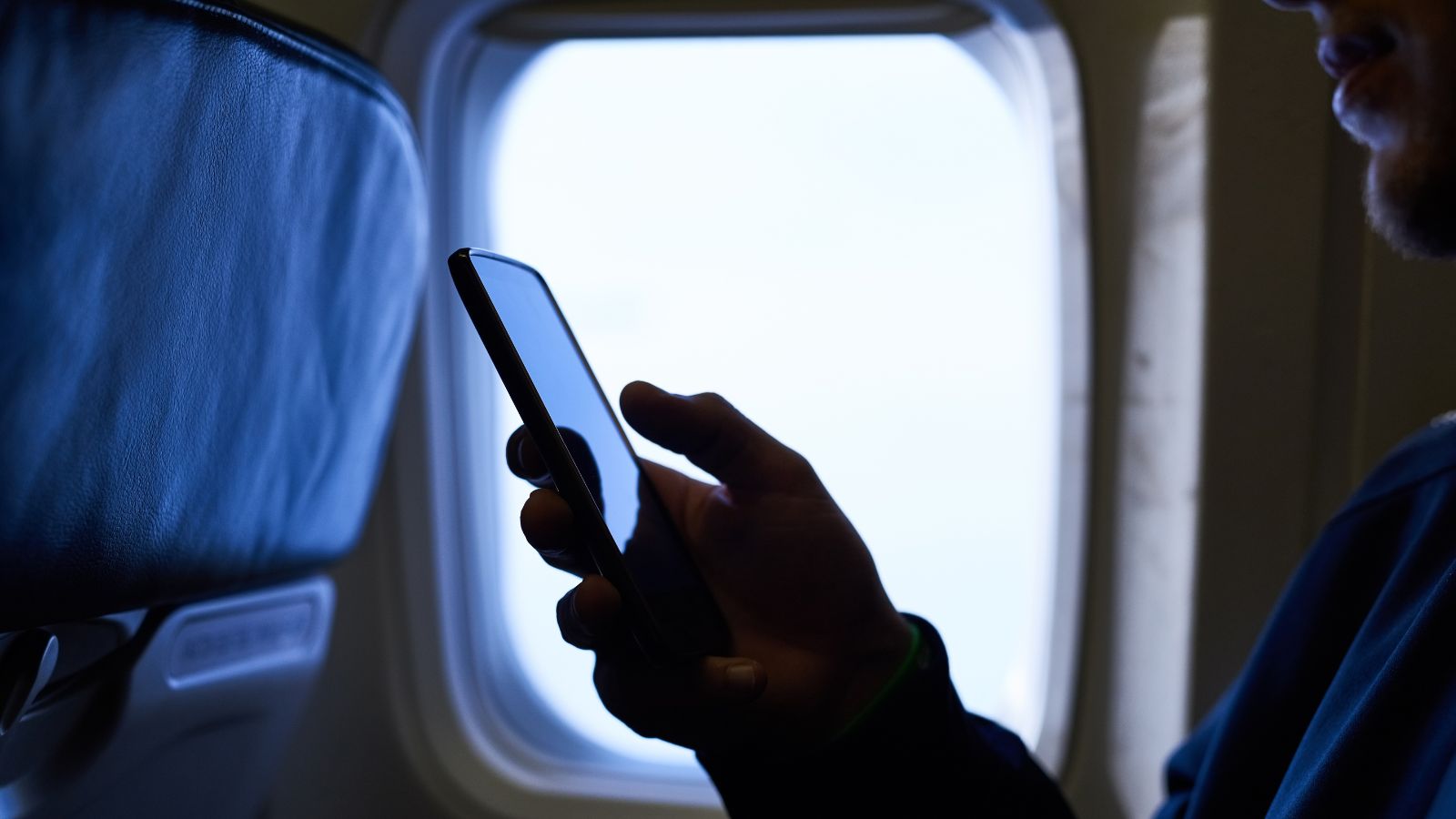The landscape of travel technology is evolving rapidly, bringing forth a myriad of trends and innovations that are reshaping the way we travel. From the changing dynamics of tech etiquette to a roundup of major trends in 2024, it’s clear travel brands are closely monitoring the industry’s dynamic adaptation to technology.
As we head into the new year, here are our highlights of the top stories from December. These insights collectively paint a picture of a landscape that is responsive to changing consumer demands and technological advancements – with plenty more innovation on the horizon.
The Washington Post: It’s almost 2024. Don’t travel without considering the new tech etiquette
Has technology changed the rules of travel etiquette? Absolutely, according to this new piece from the Washington Post. Begging the question of how future trips will look not only in terms of technology but also our shared usage of it, this brief guide on tech etiquette emphasizes considerations that impact fellow passengers and the overall travel experience.
In addition to underscoring the importance of responsible tech usage, this piece covers aspects such as power outlet sharing, screen brightness control, and the use of headphones, especially for children watching content in shared spaces. An important and timely reminder resounds for travelers to be mindful of their surroundings. It’s easy to get your head lost in the digital cloud – but demonstrating a sense of consideration and courtesy is vital to balancing the human connectivity element of travel with the technology that makes it possible.
Travel Agent Central: Rail Europe Unveils Streamlined Tech Tool for Advisors
 A few big announcements from travel brands have only generated more buzz for what’s to come in 2024. Notably, Rail Europe unveiled a new 'Multi-Providers' feature, a significant enhancement to their B2B partner solutions platform. This tool revolutionizes the booking experience for travel advisors and RailAPI partners by allowing them to seamlessly book train tickets with different providers within a single journey. Available on all B2B channels, including RailPortal, RailFlash, and RailAPI, the feature enables customers to effortlessly add multiple legs of a trip with a single click, streamlining the process of searching and booking entire journeys.
A few big announcements from travel brands have only generated more buzz for what’s to come in 2024. Notably, Rail Europe unveiled a new 'Multi-Providers' feature, a significant enhancement to their B2B partner solutions platform. This tool revolutionizes the booking experience for travel advisors and RailAPI partners by allowing them to seamlessly book train tickets with different providers within a single journey. Available on all B2B channels, including RailPortal, RailFlash, and RailAPI, the feature enables customers to effortlessly add multiple legs of a trip with a single click, streamlining the process of searching and booking entire journeys.
This innovation reflects not only Rail Europe's dedication to enhancing the booking workflow, but a wider trend among industry brands to enhance time savings, ease, and attractiveness of travel transportation options. The move signals a growing commitment to providing convenience and efficiency for both longstanding travelers as well as less-frequent flyers, and the potential of technology to ease the experience for both types of customers.
Skift: Ask Skift: What Are the Major Trends in Travel Tech?
In the fast-evolving landscape of travel technology, the latest insights from Skift shed light on several key trends shaping the industry heading into 2024. Here are our highlights from the round-up: the use of generative artificial intelligence has become increasingly prevalent among travel brands, revolutionizing their operations. Mobile innovation, driven by companies like Airbnb and HotelTonight, set the stage for redefining the lodging sector. Tech adoption for gaining a competitive edge remains a constant, with big data playing a pivotal role in enhancing customer service, cutting costs, and boosting revenues. The "Apple-ification" of travel design is apparent in airports and hotels, emphasizing smart design and a seamless user experience. Data-driven curation addresses the overwhelming choices in online booking, emphasizing the importance of well-targeted information for travelers. Airport biometrics, virtual and augmented reality experiences, the surge in digital payments, and the integration of artificial intelligence in trip planning are identified as major trends.
While all these sectors are ones to keep an eye on, it’s clear from the past year of developments in travel technology that our industry is dynamic. These trends showcase a blend of innovation, evolving consumer experiences, and the strategic use of technology to meet the ever-changing demands of modern travelers.
Forbes: The Evolving Landscape Of Sustainable Travel Tech: Challenges And Solutions
 Rising concerns about environmental impact and overcrowded destinations is going to be top of mind in 2024. In response to the growing climate crisis, the travel industry is adapting to innovative travel technology solutions, as highlighted in this piece from Forbes. Booking's Sustainable Travel Report 2023 reveals that 80% of travelers now prioritize sustainable travel, facilitated by advancements like artificial intelligence offering alternatives to popular yet overcrowded spots.
Rising concerns about environmental impact and overcrowded destinations is going to be top of mind in 2024. In response to the growing climate crisis, the travel industry is adapting to innovative travel technology solutions, as highlighted in this piece from Forbes. Booking's Sustainable Travel Report 2023 reveals that 80% of travelers now prioritize sustainable travel, facilitated by advancements like artificial intelligence offering alternatives to popular yet overcrowded spots.
Despite the positive shift, challenges persist, and this piece offers several good takeaways for travel tech companies seeking to address environmental impact, maintain the human touch, and overcome infrastructure deficiencies. While there is the potential of technology to enhance sustainability, personalize experiences, and discover new destinations, one of the largest challenges is the need for collaborative efforts among stakeholders to fully realize these benefits. Doing so will help shape a more efficient, sustainable, and enjoyable future for the travel industry.
Phocuswire: Chat GPT, Travel Data, OTAs: Phocuswire's Top opinion Stories of 2023
PhocusWire's roundup of 2023’s top opinion pieces sheds light on the pivotal trends and developments leaders in the industry are watching. Noteworthy insights include Dave Goulden's analysis on leveraging first-party data for personalized travel marketing amid changing internet dynamics. Eviivo CEO Michele Fitzpatrick explores the integration of automation, innovation, and ChatGPT in transforming travel agents' roles, emphasizing the importance of maintaining the human touch. Peer Winter advocates for airlines to explore new revenue sources beyond core markets, and Christian Watts contemplates the concept of a "connected trip" driven by artificial intelligence. Additionally, articles delve into American Airlines' NDC strategy, the potential of ChatGPT for travel sales, and the evolving role of social media influencers in travel bookings.
The number one title, however, goes to a piece from Kiwi.com’s Mario Gavira, which scrutinizes the loyalty strategies of major online travel giants, highlighting Airbnb's focus on brand building over financial rewards. This roundup of the most-read underscores what leaders in the industry are watching closely: that is, the dynamic adaptation to technology, the need for personalization, and automation. These experts (and their readers) are keeping a close eye on how innovative approaches to ensure a connected and loyal customer base evolve the travel tech landscape.


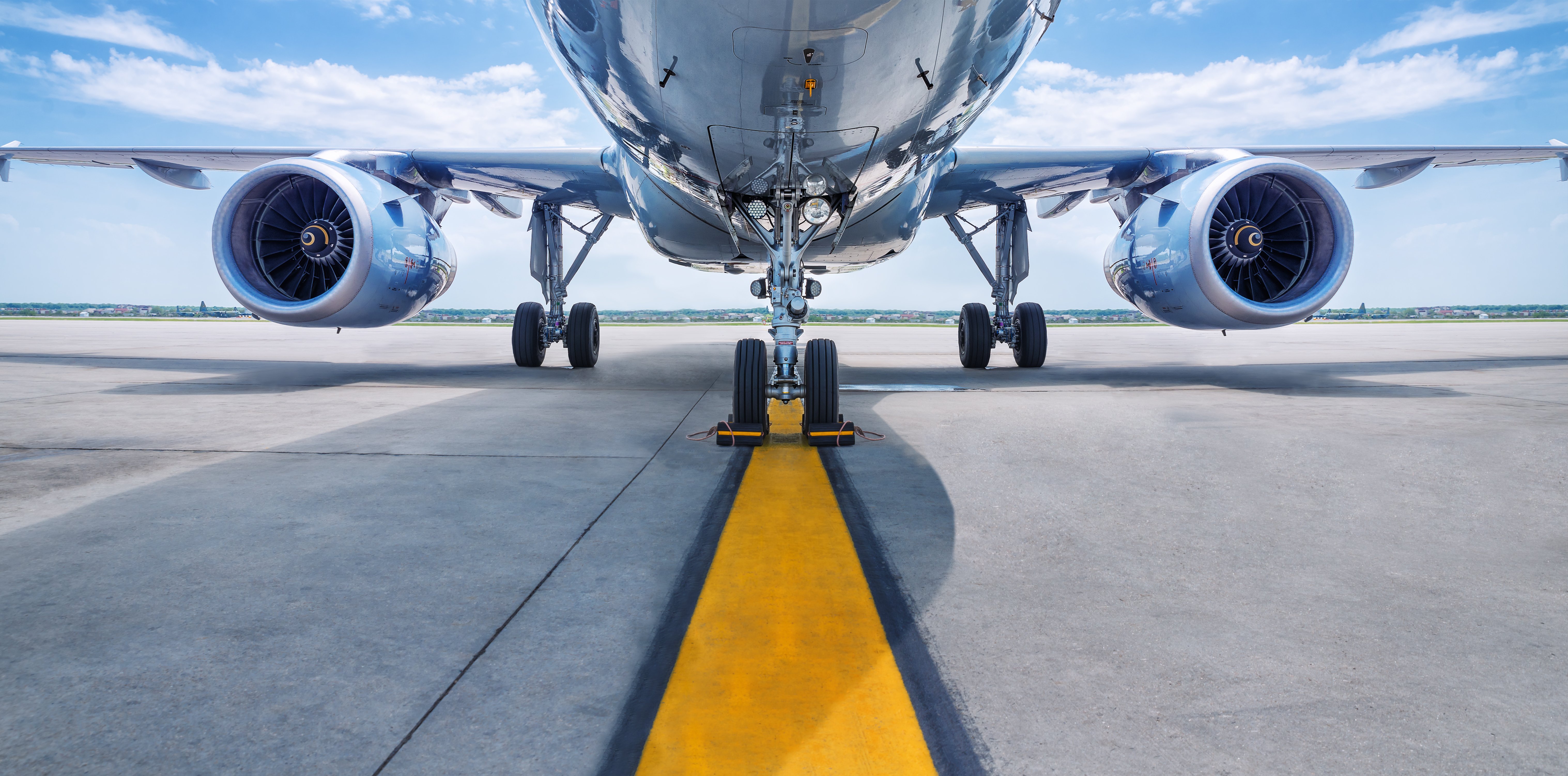

.jpg)

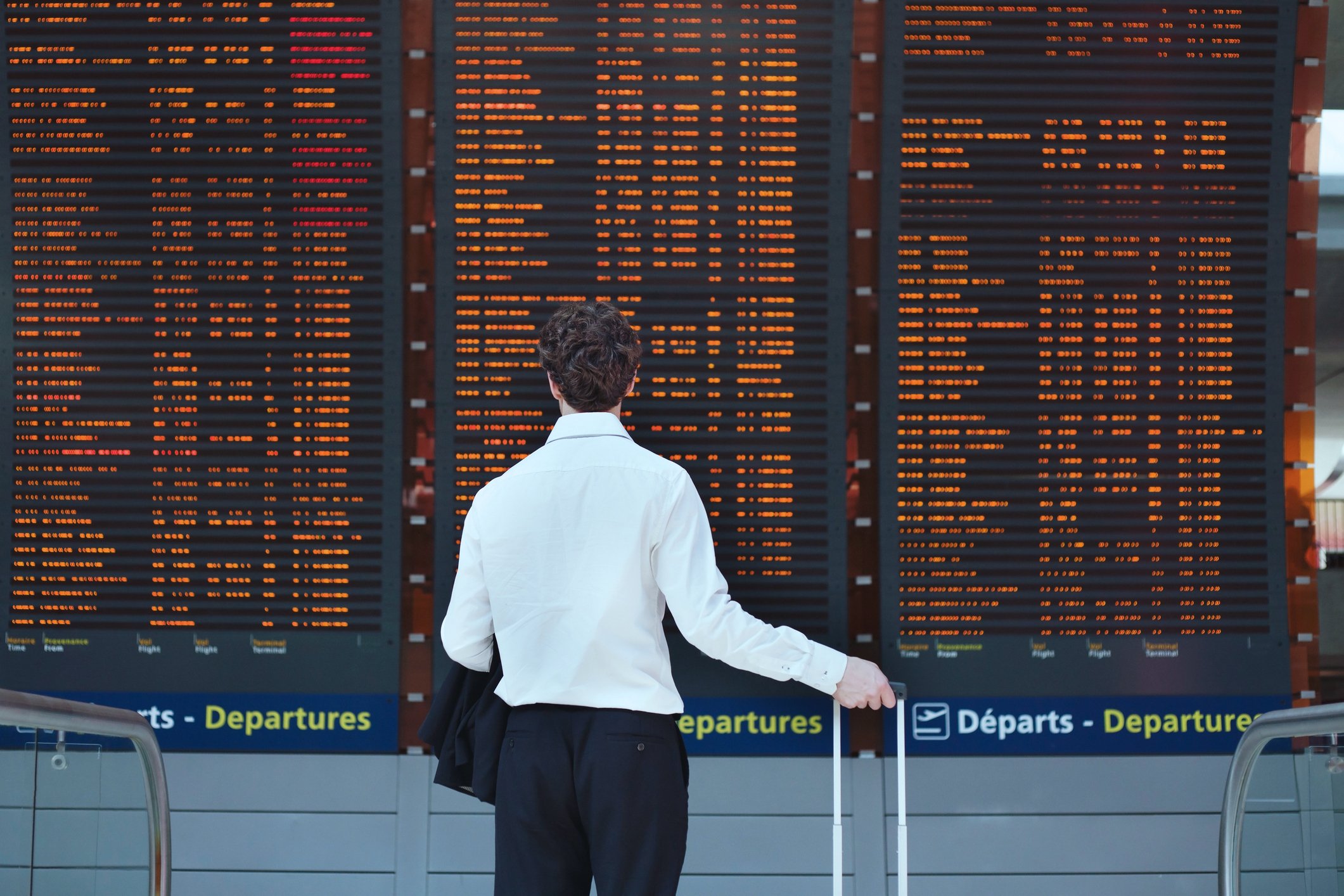

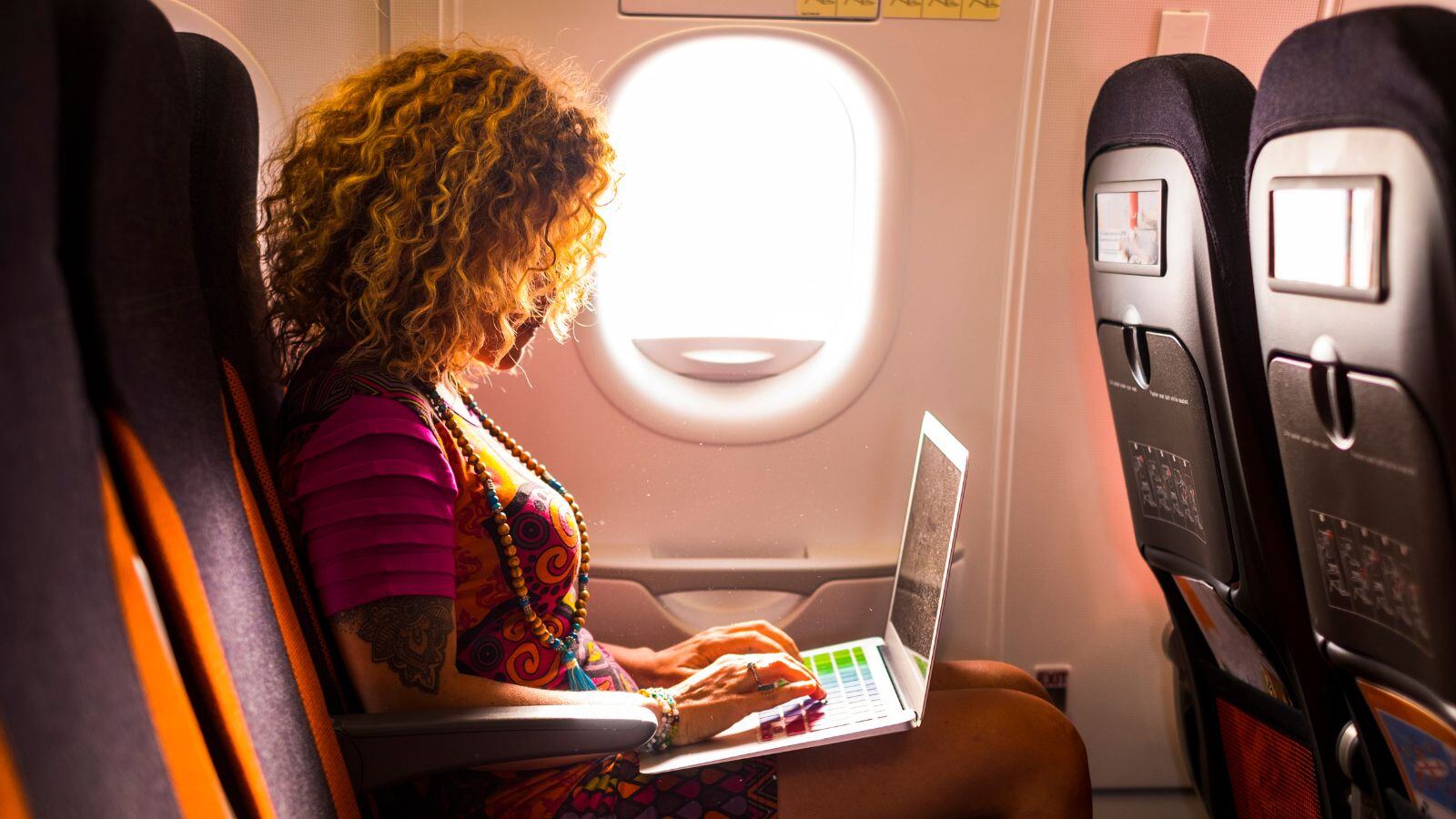
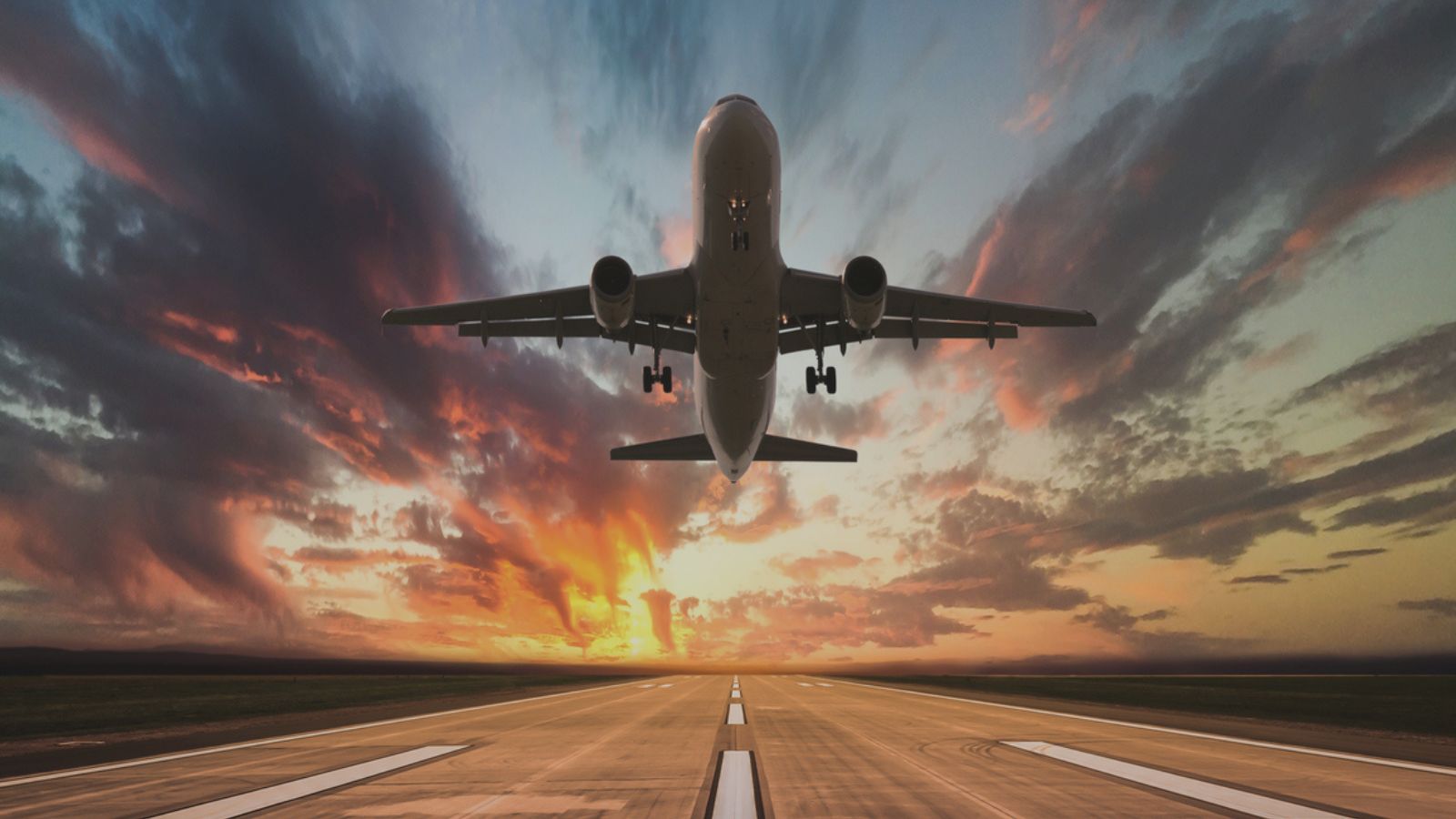
.png)







